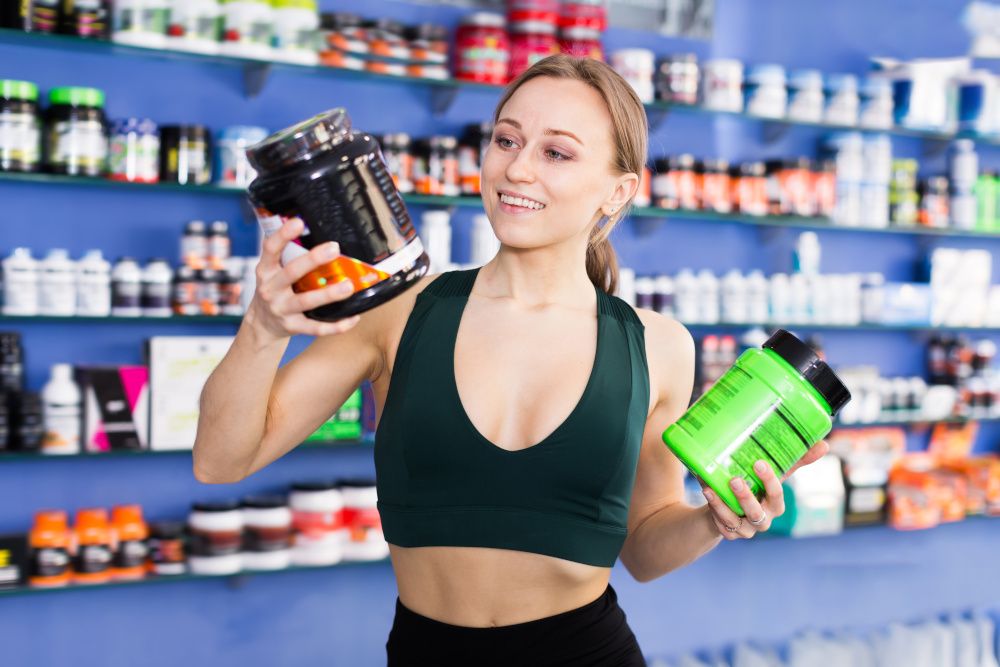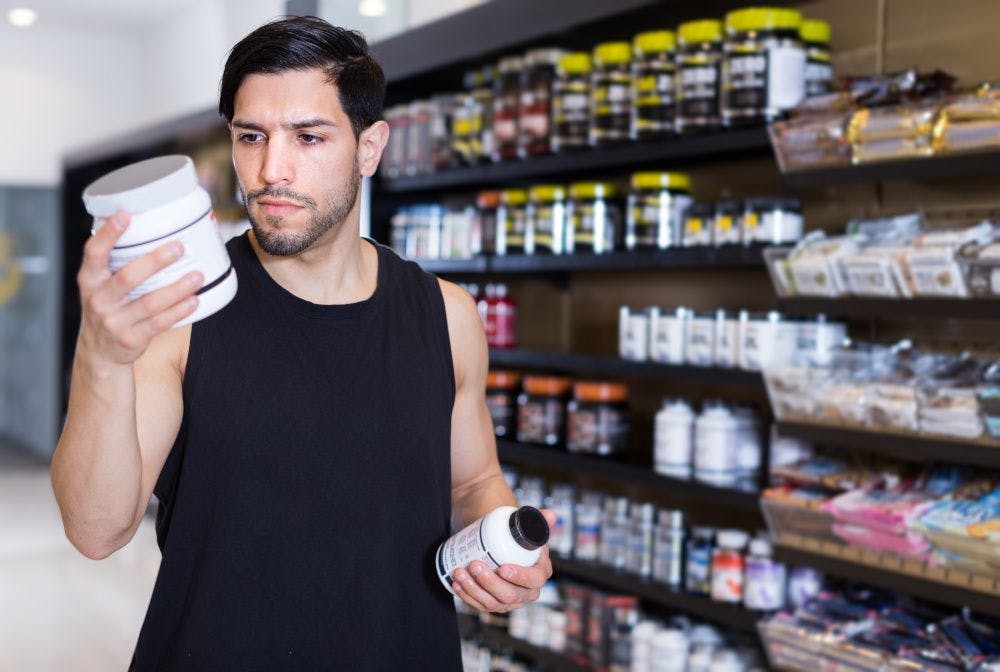Sports nutrition: Trending flavors in 2022
Key flavor trends in sports nutrition bars, powders, and RTD beverages
Sports product flavors are always evolving to appeal to changing consumer demographics and desires. While classic flavors like chocolate and citrus are still dominant, there’s been an expansion of niche flavors, too.
The flavor choice ultimately depends on the product’s format, whether it’s a sports nutrition bar, a ready-to-drink beverage, or a powder. As consumer palates grow more sophisticated, brands will find an audience more willing to experiment with both classic and emerging flavor profiles. Here are some of the popular and emerging flavors trending in sports products this year.
Healthy Flavors Dominate
Sports nutrition flavors in 2022 will largely follow the growing health and wellness movement, says Philip Caputo, marketing and consumer insights manager at Virginia Dare (Brooklyn, NY).
“Wellness flavors are the most influential taste trend going forward into 2022,” Caputo says.
Wellness flavors fall into three primary categories, he says: 1) “mood-fluencing” flavors (such as passion fruit chamomile or mango turmeric) for products that contain adaptogens and other emotional health–supporting botanicals, 2) “body-boosting” flavors (like blueberry matcha or apricot mango) for products that have targeted nutritional properties, and 3) “beautifying” flavors (like watermelon cucumber or goji aronia berry) to serve the beauty-from-within market.
Some of the emerging flavors Virginia Dare is watching are specific to a particular consumer type. Caputo says foraging-themed flavors are likely to appeal to outdoorsy consumers, while gamers and esports enthusiasts will flock to e-centric flavors. “We also expect greater interest in sweet spice flavors like cardamom, nutmeg, and fenugreek," he adds. "Sweet spices offer comfort through happy memories of holiday desserts, pumpkin spice lattes, warm cinnamon buns, or hot chai.”
Indulgence in Bars, Beverages
In fact, health-and-wellness flavors are trending in bars and beverages, but so are the indulgent dessert flavors consumers know and love. For instance, Megan Byrnes, marketing manager at Gold Coast Ingredients (Commerce, CA), says that while healthy flavors like berry, dark chocolate, cinnamon, and other botanicals are gaining popularity, so are flavors like peanut butter cup, birthday cake, caramel macchiato, and S’mores.
“Healthy flavors are popular in sports products that are marketed as all natural, organic, clean label, or made with simple ingredients,” Byrnes explains. “Companies use indulgent flavors to transform the taste experience of an entire dessert into a protein beverage or bar.” Other examples of currently popular indulgent flavors are caramel brownie, lemon cheesecake, and blueberry cobbler.
Pineapple Fusion Flavors on the Rise
Another rising star is pineapple fusion flavors, a creative new option for sports product formulators. Byrnes says the tendency is to pair pineapple with another flavor.
“Pineapple coconut has been a popular blend,” Byrnes says. “Now, we’re seeing pineapple passion fruit, pineapple guava, pineapple orange, and whipped cream pineapple. Companies have turned to pineapple to spark innovation in their product line.”
Lemonade blends are another flavor Byrnes is watching. Brands have already experienced success with pink lemonade, strawberry lemonade, and raspberry lemonade flavors; now, mango lemonade is coming up in the lemonade line of succession.
Creative and Nostalgic Flavors for Young and Old
Some of the most popular sports product flavors involve new and old flavors that remind consumers of the past—or that cater to their generation’s preferences.
For instance, Will McCormack, PhD, senior business development manager for nutrition at Synergy Flavors (Wauconda, IL), says nostalgic flavors succeeded in 2021. “Cereal flavors, in particular, have stood out within sports products,” McCormack says. “In troubling times, such as the COVID-19 pandemic, consumers look for the joy and comfort of nostalgia in the products they buy.”
Meanwhile, younger consumers’ existing taste preferences are influencing the way sports product formulators flavor their products, too. Generation Z, McCormack says, responds quite well to iced coffee flavors.
“Iced coffee is a great example of a product that resonates with younger consumers. It combines three things this generation is obsessed with: coffee, cold beverages, and indulgence. Sports brands are now partnering with well-known coffee brands to bring iced coffee recipes to life in flavor form, and we can expect this trend to grow in 2022.”
Exotic Flavors Take the Market by Surprise
Some of the unexpected emerging flavors in sports products capitalize on consumers’ desire to experience the world, even if from their home base. McCormack says the pandemic has given consumers the time to explore how they can recreate their favorite foods and drinks at home, and given them a newfound appreciation for world cuisines and premium beverages. This will drive consumers to seek out exotic flavors in sports products as well.
“We’ve seen flavors like yuzu, hibiscus, tiramisu, and speculoos growing in popularity,” McCormack says. “New and emerging exotic flavors like bergamot, ume plum, banoffee, cherry blossom, blood orange, and Vietnamese coffee are expected to rise in popularity this year, inspired by Japan, Korea, the Mediterranean, and Latin American regions.”
Limitless Creativity
Sports product formulators, ingredient suppliers, and flavor companies have upped their game in recent years, introducing a variety of exotic new flavors and outside-the-box takes on old classics. These flavors leverage consumer desires for novel experiences, nostalgia, indulgent dessert foods, and healthy ingredients in a paradoxical yet effective way. As the sports nutrition market becomes more sophisticated, brands will have even more freedom to experiment with flavors new and reinvented.

.png&w=3840&q=75)

.png&w=3840&q=75)



.png&w=3840&q=75)



.png&w=3840&q=75)
















